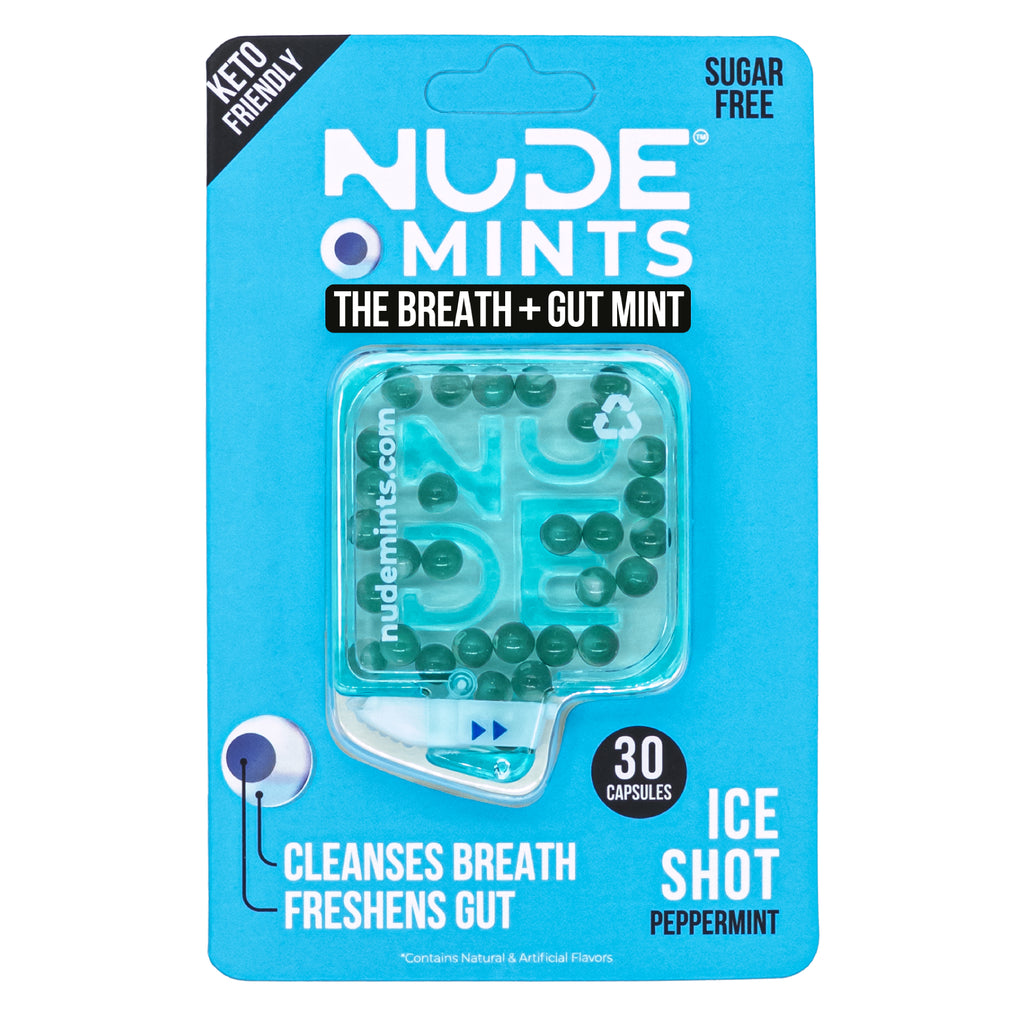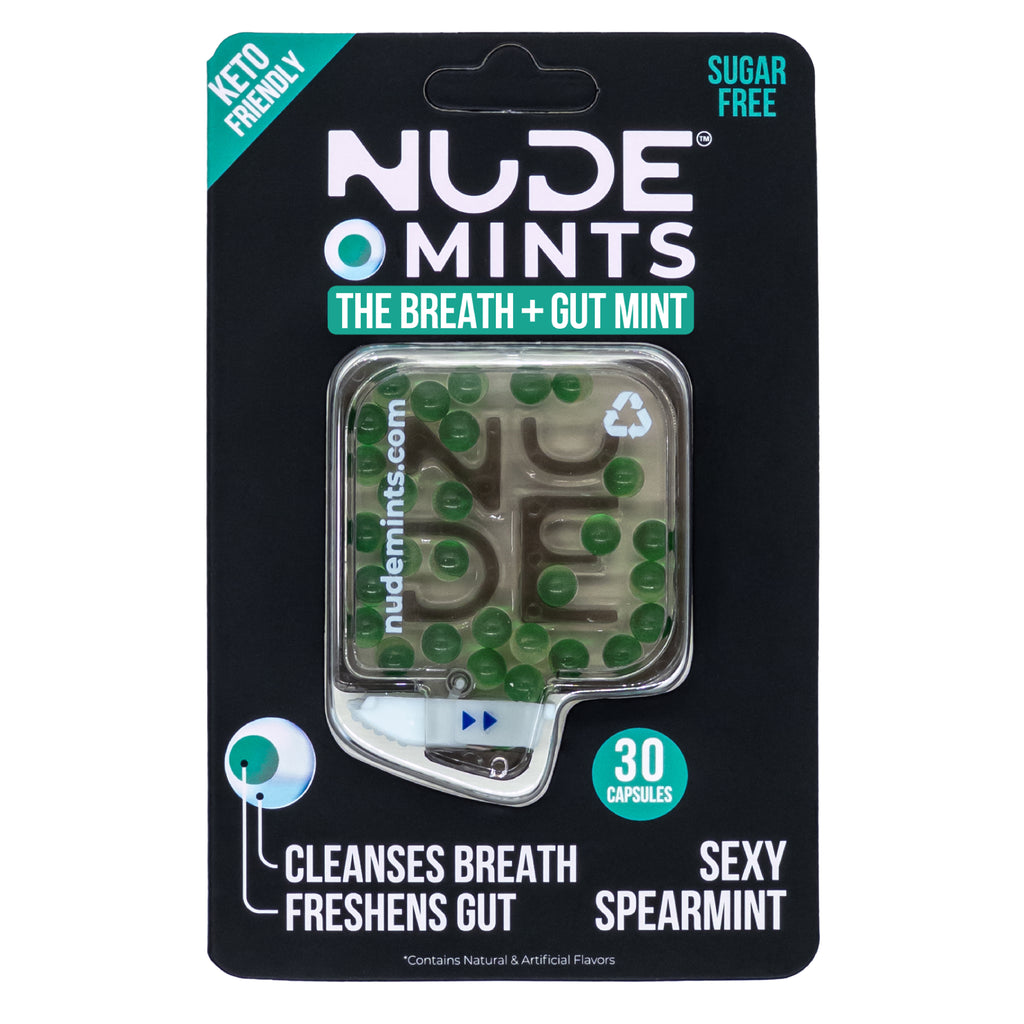How Dehydration Contributes to Bad Breath and How to Stay Hydrated
-
Bad breath, also known as halitosis, is a common problem that affects many people. While there are various causes of bad breath, dehydration is a major contributing factor that is often overlooked. In this article, we will explore how dehydration contributes to bad breath and provide you with some tips on how to stay hydrated to avoid this embarrassing problem.
How Dehydration Causes Bad Breath
Dehydration is a condition that occurs when your body loses more fluid than it takes in. When you are dehydrated, your body is unable to produce enough saliva, which is important in cleaning your mouth and neutralizing bacteria that causes bad breath. As a result, your mouth becomes dry and a breeding ground for bacteria that cause bad breath.
Moreover, dehydration leads to a lack of oxygen flow in your mouth, causing anaerobic bacteria to grow and produce unpleasant odors. These bacteria thrive in dry conditions, and without enough saliva to wash them away, they continue to multiply and cause bad breath.

How to Stay Hydrated
Drinking enough water is crucial in preventing dehydration and keeping your mouth moist. The Institute of Medicine recommends drinking at least eight glasses of water per day, but this can vary depending on your body weight, activity level, and climate.
In addition to drinking water, you can also stay hydrated by consuming fruits and vegetables that have high water content, such as watermelon, cucumber, and celery. This will not only help keep your mouth moist but also provide you with essential vitamins and minerals.
Moreover, avoiding alcohol, caffeine, and sugary drinks can also help prevent dehydration. These beverages can dehydrate your body by increasing urine production and reducing the amount of fluid available for saliva production.
Other Tips for Fresh Breath
In addition to staying hydrated, there are several other things you can do to maintain fresh breath:
- Brush your teeth twice a day and floss daily to remove food particles and plaque that can cause bad breath.
- Use a tongue scraper to remove bacteria from your tongue, which is a common source of bad breath.
- Chew sugarless gum or suck on sugarless mints to stimulate saliva production and freshen your breath.
- Avoid smoking and tobacco products, which not only cause bad breath but also increase your risk of oral cancer and other health problems.
Conclusion
Bad breath is a common problem that can be caused by various factors, including dehydration. By staying hydrated and following the tips provided in this article, you can prevent bad breath and maintain good oral health. Along with these tips, using Nude Mints can also provide a quick and easy solution for freshening your breath. Remember to drink enough water, consume fruits and vegetables with high water content, and avoid alcohol, caffeine, and sugary drinks. By incorporating these strategies into your daily routine, you can maintain good oral health and confidence in your breath.
Looking for a convenient way to freshen your breath? Try Nude Mints! These vegan, sugar-free mints are perfect for on-the-go freshness and come in a variety of delicious flavors. Click here to order now and enjoy a burst of minty freshness whenever you need it!
Get the freshest news on your favorite mouth cleanser and gut freshener!
Read More
-
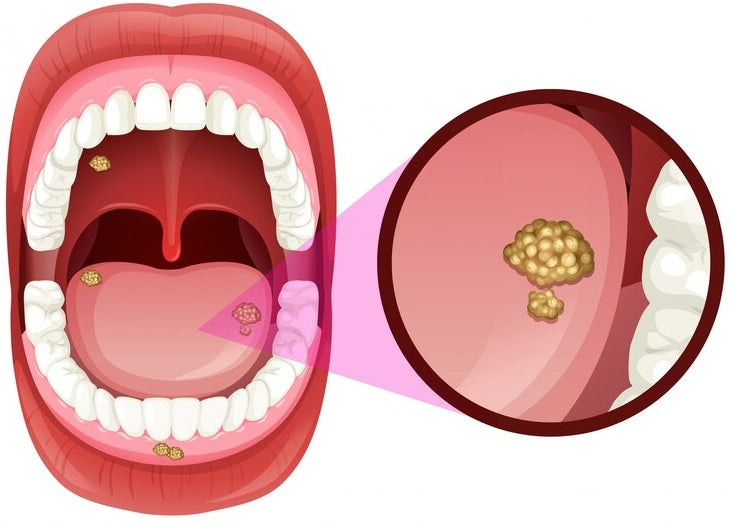
Halitosis: Understanding the Causes, Diagnosis, and Treatment for Fresh Breath
Halitosis, commonly known as bad breath, is a condition that affects a large number of people worldwide. It can be an embarrassing and isolating experience, but it is important to know that it is a common problem and that there are effective treatments available. In this article, we will discuss the causes, diagnosis, and treatment of halitosis. Causes of Halitosis Halitosis can have several causes, both internal and external. The most common causes include poor oral hygiene, dry mouth, certain foods and drinks, smoking, and certain medical conditions. Poor Oral Hygiene Poor oral hygiene is the most common cause of halitosis. When food particles and bacteria build up in the mouth, they can cause an unpleasant odor. Brushing and flossing...
-
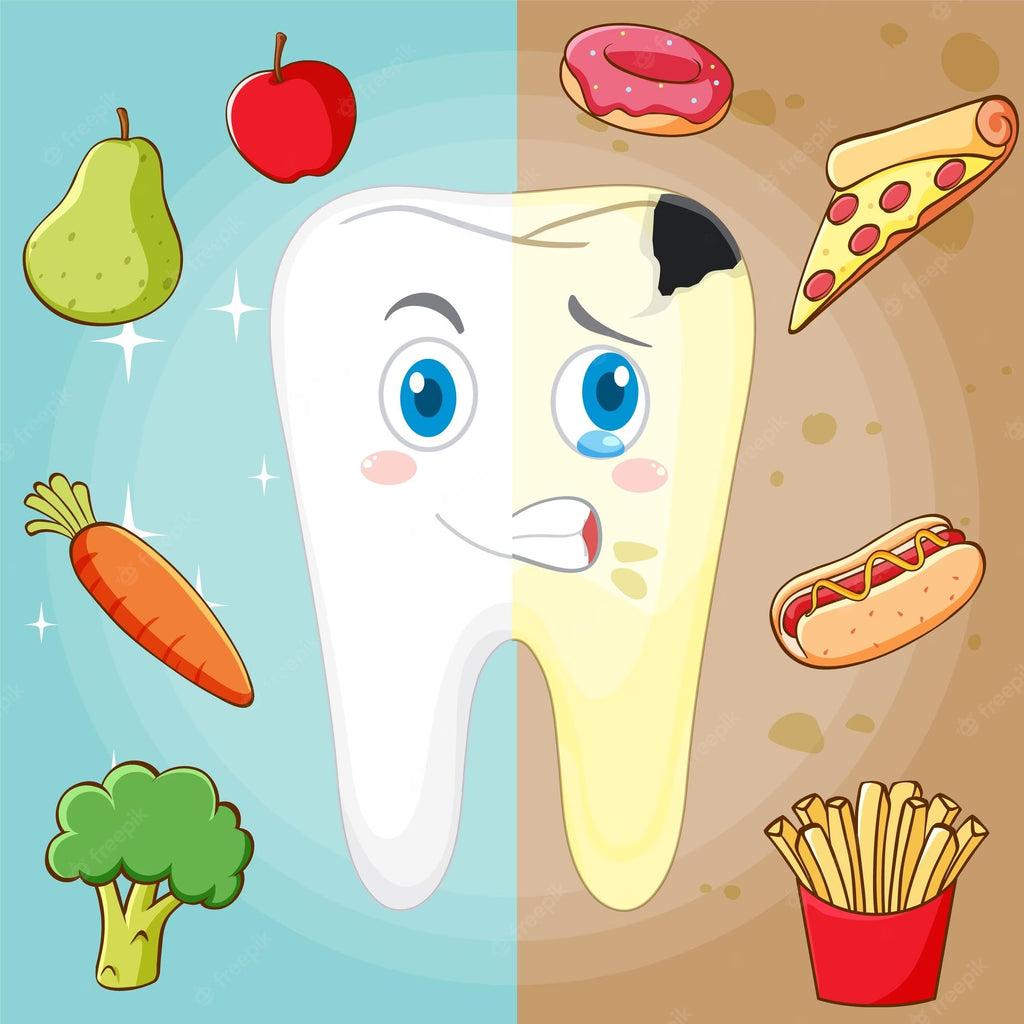
Crucial Connection Between Nutrition and Oral Health: Guide for Better Dental Care
As a dental health professional, we understand the importance of maintaining good oral hygiene to prevent cavities and gum disease. Brushing twice a day and flossing daily are essential habits, but did you know that nutrition also plays a crucial role in keeping your mouth healthy? In this article, we will explore the connection between nutrition and oral health and how you can make better food choices to support your dental health. How Nutrition Affects Oral Health Your diet can impact your oral health in many ways. A diet high in sugary and acidic foods can increase the risk of tooth decay and gum disease. When you eat sugary foods, the bacteria in your mouth feed on the sugar and...
-
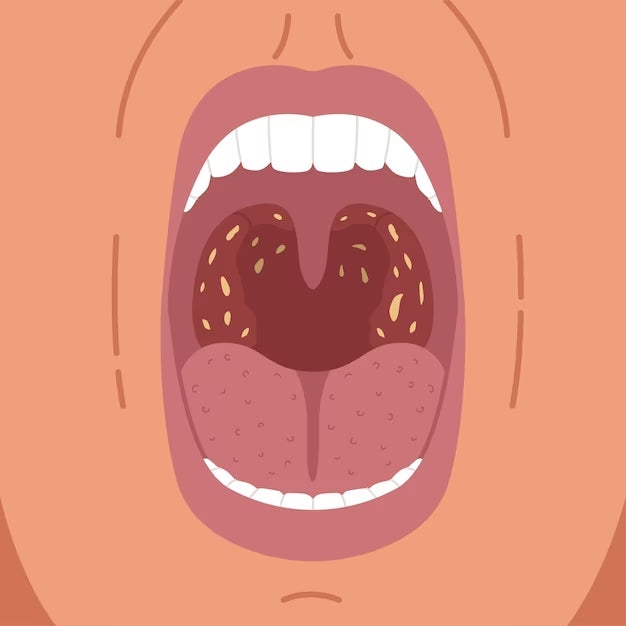
How to Treat Bad Breath Caused by Dry Mouth
Do you ever feel self-conscious about your breath? Do people avoid talking to you because of bad breath? Dry mouth, also known as xerostomia, can cause bad breath and make social interactions uncomfortable. In this article, we will discuss what causes dry mouth, how it leads to bad breath, and what you can do to treat it. Table of Contents What is dry mouth? Causes of dry mouth How dry mouth causes bad breath Signs and symptoms of dry mouth Diagnosis of dry mouth Treating dry mouth Home remedies for dry mouth Professional treatments for dry mouth Tips for maintaining oral hygiene Foods and drinks to avoid with dry mouth Conclusion FAQs What is dry mouth? Dry mouth occurs when...
-
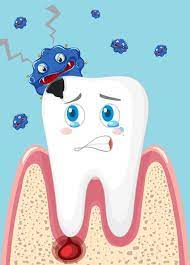
The Relationship Between Diabetes and Gum Disease: Understanding the Link
Diabetes and gum disease are two conditions that may seem unrelated, but research has shown that they are actually closely linked. In fact, individuals with diabetes are more likely to develop gum disease, and those with gum disease are more likely to have difficulty controlling their blood sugar levels. This article will explore the connection between diabetes and gum disease, and provide insights on how you can reduce your risk of developing both. The Relationship Between Diabetes and Gum Disease Diabetes is a condition that affects the body's ability to produce or respond to insulin, a hormone that regulates blood sugar levels. When blood sugar levels are consistently high, it can lead to a range of health complications, including nerve...

